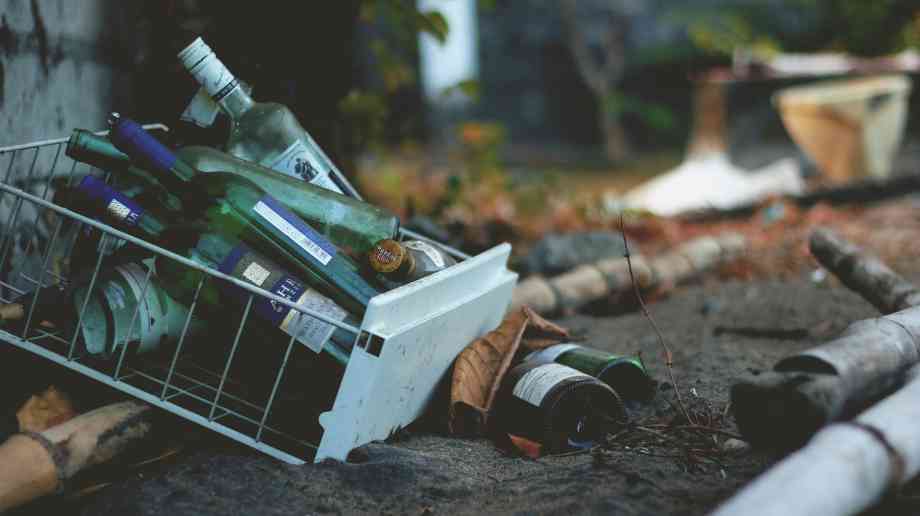Sue Robb of 4Children talks to Julie Laughton and Alison Britton from the Department for Education about the role of childminders in delivering the 30 hours free entitlement.
End plastic scourge by applying littering fines

The Bright Blue think tank has suggested an increase of fixed penalty notices to a minimum of £500 to individuals caught littering by local authorities or the police.
Publishing a major new report, Global green giant? A policy story, which proposes original policies to ensure the UK become the global leader on stemming biodiversity loss, the think tank proposes around 50 new and ambitious conservation ideas, both for domestic and foreign policy, across five themes. These are: a green and pleasant land; ending the plastic scourge; protecting our marine environments; eliminating the illegal wildlife trade; and, global green leadership.
On ending the plastic scourge, Bright Blue says that an increase of fixed penalty notices to a minimum of £500 to individuals caught littering by local authorities or the police should be implemented, with higher fines for repeat offenders. Fixed penalty notices for littering currently attract a fine between £50 and £80 in England and up to £150 in Wales.
Additionally, it argues the case for a ban on non-recyclable black plastic as soon as is feasibly possible. Black plastic ends up in landfill or incinerated because near infra-red recycling assortment technology is unable to detect the carbon black pigments found in the majority of conventional black plastic packaging.
At COP26, Bright Blue suggests that the UK should announce a new target to be the biggest funder of global conservation efforts in proportional terms through ODA and the establishment of a new ‘Global Nature Conservation Fund’ of at least £1 billion per year from the UK ODA budget. Furthermore, the UK should create a new Special Envoy for Climate Change and Biodiversity, appointed by the Prime Minister.
Patrick Hall, researcher at Bright Blue, said: “Biodiversity decline and climate change are urgent and interlinked crises. The UK is a world leader in climate change mitigation, most recently shown through being the first major economy to adopt a net-zero emissions target. But there is a need and an opportunity to do the same for biodiversity – to become a global green giant on conservation. The current government is starting to show that global leadership. But we need more new and ambitious conservation policies, both at home and abroad. 2020 is a critical year for the UK to step up.”
Discussing land use, the report recommends that existing development restrictions on low-value Green Belt land in some areas should be relaxed if a more ambitious net biodiversity gain obligation is placed on developers than the proposed 10 per cent increase in habitat value for wildlife post-development. It also says that every city in the UK ought to include an urban nature corridor as part of the UK’s new national nature recovery network (NRN) and that every state secondary school in the country should plant and name an area of trees to support the government’s new afforestation target.
Company Focus
Just Lanyards is a subsidiary name of Gifts 2 Impress Limited, who have been trading for over 25 years, we therefore pride ourselves in having endless experience covering all aspects of the promotional merchandise industry.
Event Diary
UKREiiF has quickly become a must-attend in the industry calendar for Government departments and local authorities.
The multi-award-winning UK Construction Week (UKCW), is the UK’s biggest trade event for the built environment that connects the whole supply chain to be the catalyst for growth and positive change in the industry.
Supplier Profiles
Geo Energy
At GeoEnergy Design, we're on a mission to disrupt the traditional way heating and cooling ha
Latest Features
Professor Harith Alani, director of the Knowledge Management Institute at the Open University explains how AI can be used for good and bad.
Alex Lawrence, head of health & social care, techUK sets out techUK’s Five Point Plan for CareTech.

















